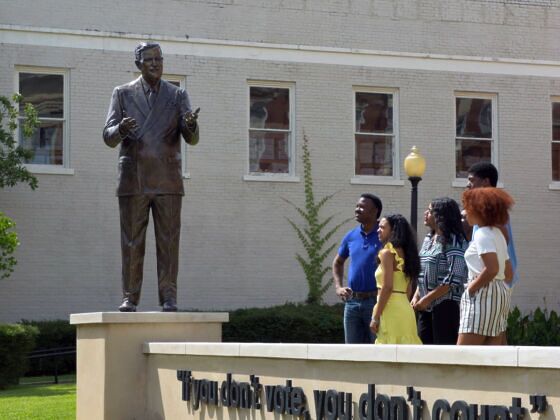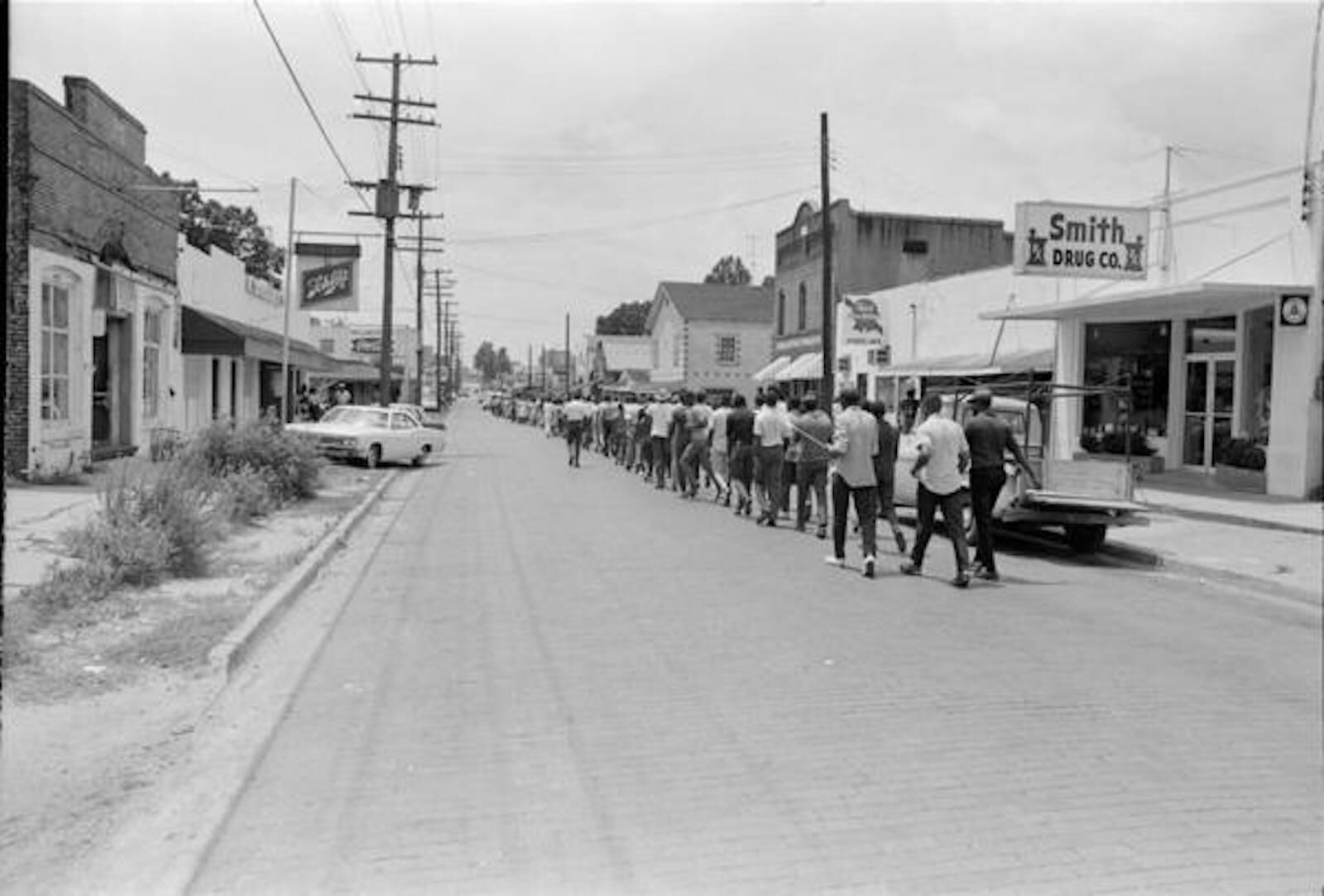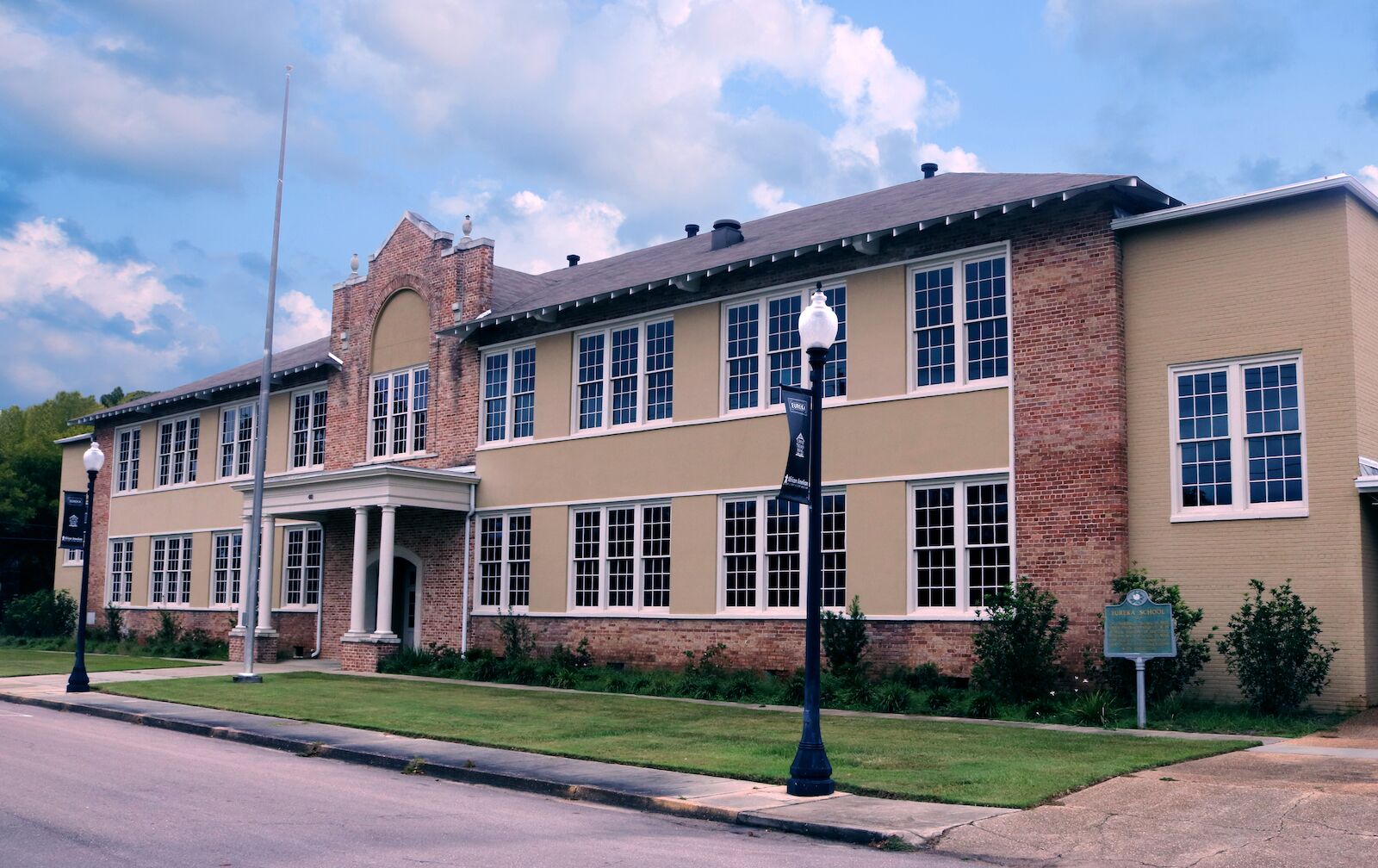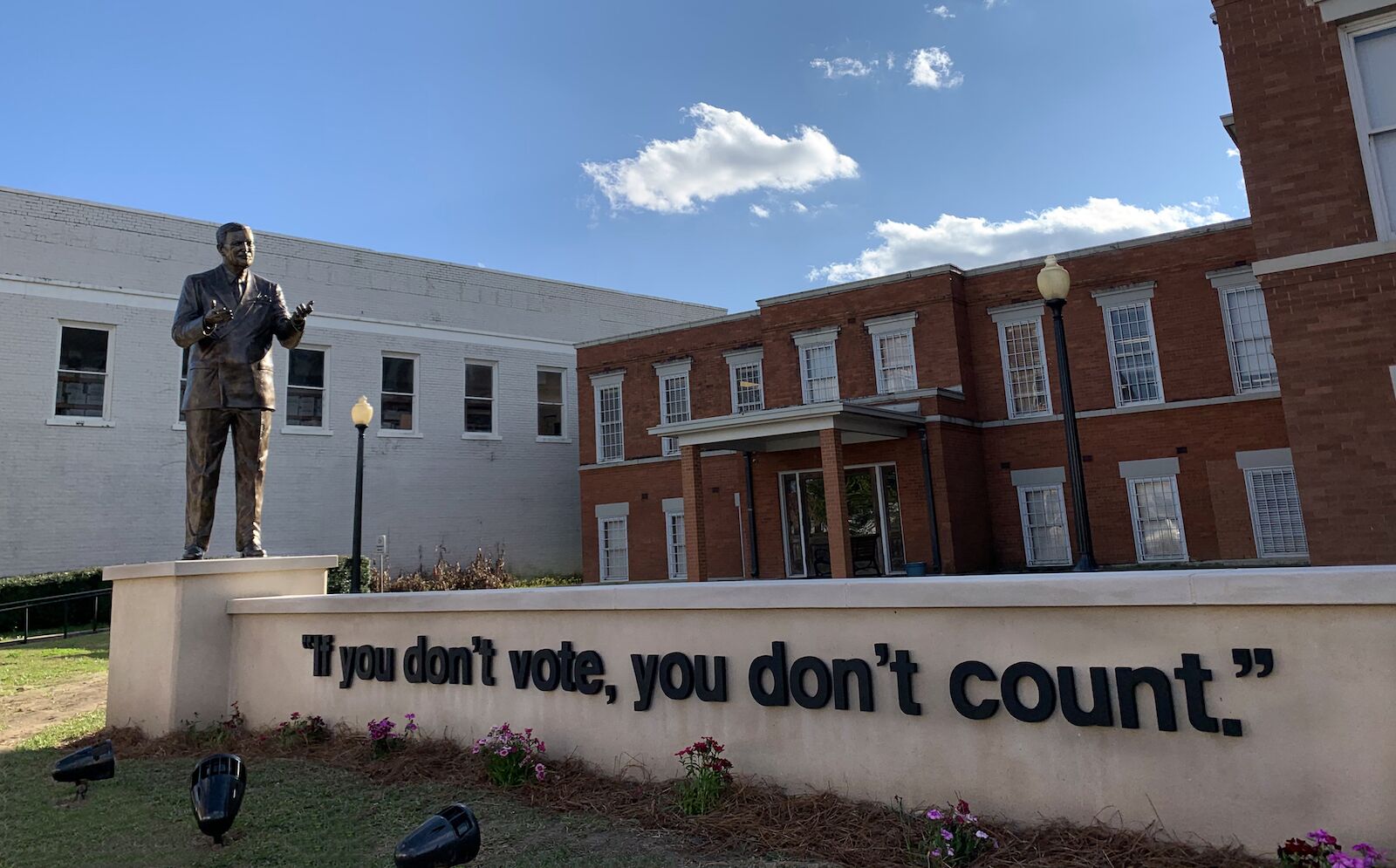Monumental change doesn’t always start in big cities. Sometimes some of the most significant moments in history begin in small towns.
Hattiesburg, Mississippi, was a key hub for advancing the voting rights of Black Americans in Mississippi during the Civil Rights movement through a voter registration drive called Freedom Summer that attracted more than 90 volunteers from out of state, 3,000 local participants, and 675 Freedom School students. Hattiesburg held the largest initiative in the state, outpacing bigger cities like Jackson and Gulfport.



